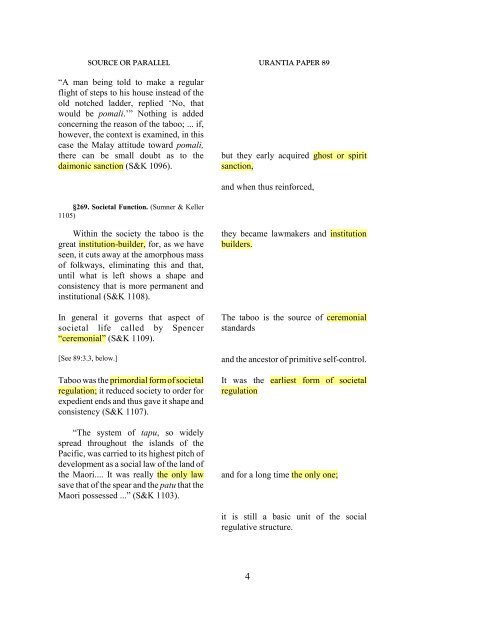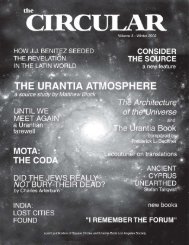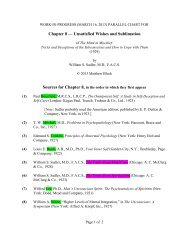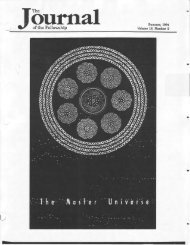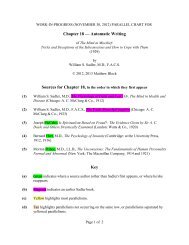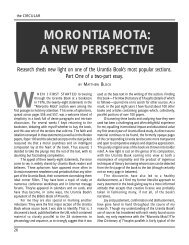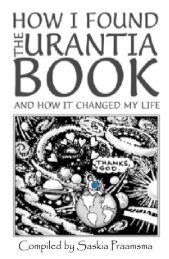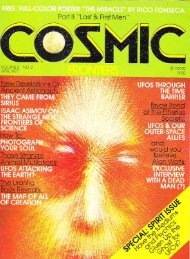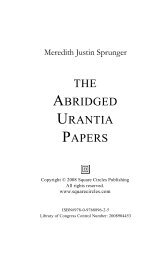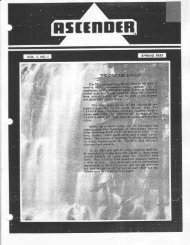Paper 89 - Square Circles Publishing
Paper 89 - Square Circles Publishing
Paper 89 - Square Circles Publishing
Create successful ePaper yourself
Turn your PDF publications into a flip-book with our unique Google optimized e-Paper software.
SOURCE OR PARALLEL URANTIA PAPER <strong>89</strong>“A man being told to make a regularflight of steps to his house instead of theold notched ladder, replied ‘No, thatwould be pomali.’” Nothing is addedconcerning the reason of the taboo; ... if,however, the context is examined, in thiscase the Malay attitude toward pomali,there can be small doubt as to thedaimonic sanction (S&K 1096).but they early acquired ghost or spiritsanction,and when thus reinforced,§269. Societal Function. (Sumner & Keller1105)Within the society the taboo is thegreat institution-builder, for, as we haveseen, it cuts away at the amorphous massof folkways, eliminating this and that,until what is left shows a shape andconsistency that is more permanent andinstitutional (S&K 1108).In general it governs that aspect ofsocietal life called by Spencer“ceremonial” (S&K 1109).[See <strong>89</strong>:3.3, below.]Taboo was the primordial form of societalregulation; it reduced society to order forexpedient ends and thus gave it shape andconsistency (S&K 1107).“The system of tapu, so widelyspread throughout the islands of thePacific, was carried to its highest pitch ofdevelopment as a social law of the land ofthe Maori.... It was really the only lawsave that of the spear and the patu that theMaori possessed ...” (S&K 1103).they became lawmakers and institutionbuilders.The taboo is the source of ceremonialstandardsand the ancestor of primitive self-control.It was the earliest form of societalregulationand for a long time the only one;it is still a basic unit of the socialregulative structure.4


